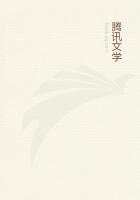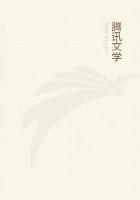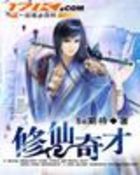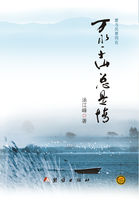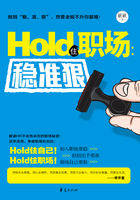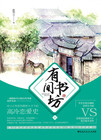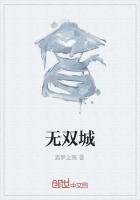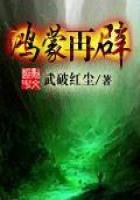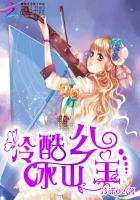3.By all these means the fertility of the soil can be brought under man's control.He can by sufficient labour make almost any land bear large crops.He can prepare the soil mechanically and chemically for whatever crops he intends to grow next.He can adapt his crops to the nature of the soil and to one another; selecting such a rotation that each will leave the land in such a state, and at such a time of year, that it can be worked up easily and without loss of time into a suitable seed bed for the coming crop.He can even permanently alter the nature of the soil by draining it, or by mixing with it other soil that will supplement its deficiencies.Hitherto this has been done only on a small scale; chalk and lime, clay and marl have been but thinly spread over the fields; a completely new soil has seldom been made except in gardens and other favoured spots.But it is possible, and even as some think probable, that at some future time the mechanical agencies used in making railways and other great earthworks may be applied on a large scale to creating a rich soil by mixing two poor soils with opposite faults.
All these changes are likely to be carried out more extensively and thoroughly in the future than in the past.But even now the greater part of the soil in cold countries owes much of its character to human action; all that lies just below the surface has in it a large element of capital, the produce of man's past labour.Those free gifts of nature which Ricardo classed as the "inherent" and "indestructible" properties of the soil, have been largely modified; partly impoverished and partly enriched by the work of many generations of men.
But it is different with that which is above the surface.
Every acre has given to it by nature an annual income of heat and light, of air and moisture; and over these man has but little control.He may indeed alter the climate a little by extensive drainage works or by planting forests, or cutting them down.But, on the whole, the action of the sun and the wind and the rain are an annuity fixed by nature for each plot of land.Ownership of the land gives possession of this annuity: and it also gives the space required for the life and action of vegetables and animals;the value of this space being much affected by its geographical position.
We may then continue to use the ordinary distinction between the original or inherent properties, which the land derives from nature, and the artificial properties which it owes to human action; provided we remember that the first include the space-relations of the plot in question, and the annuity that nature has given it of sunlight and air and rain; and that in many cases these are the chief of the inherent properties of the soil.It is chiefly from them that the ownership of agricultural land derives its peculiar significance, and the Theory of Rent its special character.
4.But the question how far the fertility of any soil is due to the original properties given to it by nature, and how far to the changes in it made by man, cannot be fully discussed without taking account of the kind of produce raised from it.Human agency can do much more to promote the growth of some crops than of others.At one end of the scale are forest trees; an oak well planted and with plenty of room has very little to gain from man's aid: there is no way of applying labour to it so as to obtain any considerable return.Nearly the same may be said of the grass on some rich river bottoms which are endowed with a rich soil and good natural drainage; wild animals feeding off this grass without man's care will farm it nearly as well as he does; and much of the richest farm land in England (paying a rent of ? an acre and upwards) would give to unaided nature almost as great a return as is got from it now.Next comes land which, though not quite so rich, is still kept in permanent pasture; and after this comes arable land on which man does not trust to nature's sowing, but prepares for each crop a seed bed to suit its special wants, sows the seed himself and weeds away the rivals to it.The seeds which he sows are selected for their habit of quickly maturing and fully developing just those parts which are most useful to him; and though the habit of making this selection carefully is only quite modern, and is even now far from general, yet the continued work of thousands of years has given him plants that have but little resemblance to their wild ancestors.Lastly, the kinds of produce which owe most to man's labour and care are the choicer kinds of fruits, flowers and vegetables, and of animals, particularly those which are used for improving their own breeds.For while nature left to herself would select those that are best able to take care of themselves and their offspring, man selects those which will provide him most quickly with the largest supplies of the things he most wants; and many of the choicest products could not hold their own at all without his care.
Thus various then are the parts which man plays in aiding nature to raise the different kinds of agricultural produce.In each case he works on till the extra return got by extra capital and labour has so far diminished that it will no longer remunerate him for applying them.Where this limit is soon reached he leaves nature to do nearly all the work; where his share in the production has been great, it is because he has been able to work far without reaching this limit.We are thus brought to consider the law of diminishing return.
It is important to note that the return to capital and labour now under discussion is measured by the amount of the produce raised independently of any changes that may meanwhile take place in the exchange value or price of produce; such, for instance, as might occur if a new railway had been made in the neighbourhood, or the population of the county had increased much, while agricultural produce could not be imported easily.Such changes will be of vital importance when we come to draw inferences from the law of diminishing return, and particularly when we discuss the pressure of increasing population on the means of subsistence.But they have no bearing on the law itself, because that has to do not with the value of the produce raised, but only with its amount.(3*)NOTES:
1.See Book II,chapter iii.
2.In Ricardo's famous phrase "the original and indestructible powers of the soil." Von Th黱en, in a noteworthy discussion of the basis of the theory of rent, and of the positions which Adam Smith and Ricardo took with regard to it, speaks of "Der Boden an sich"; a phrase which unfortunately cannot be translated, but which means the soil as it would be by itself, if not altered by the action of man (Der Isolierte Staat, 1, i, 5).
3.But see the latter part of IV, iii, section 8; also IV, xiii, section 2.

